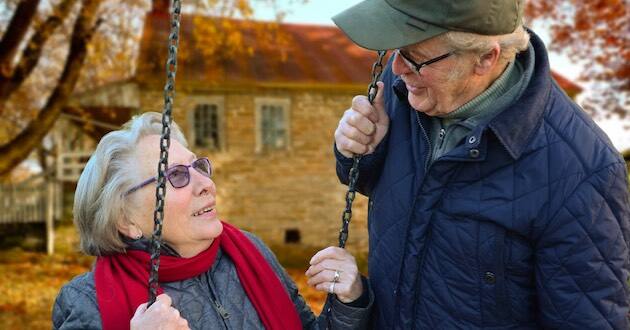Marriage, children reduce risk of dementia, Norwegian study finds

Researchers have found another benefit of marriage — a reduced risk of dementia.
Researchers, predominantly from the Norwegian Institute of Public Health, looked at the marital status of adults aged 44 through 68 and whether those adults developed dementia after the age of 70. The study used data from 150,000 Norwegians who granted consent for their health information to be used for research. Results indicated adults who remained married during those years of life saw the lowest occurrence of dementia.
Consistent with those results, the data also showed adults who were unmarried and divorced saw the highest rate of dementia. Vegard Skirbekk, an author of the study, said, “Being married can have an influence on risk factors for dementia.”
The causes of dementia are still unknown, and researchers have found a number of factors that can influence a person’s risk of developing the disease. Such factors were necessarily accounted for in this study.
At the study’s conclusion, authors “estimate that, had all participants been continuously married (and shared the same underlying somatic and mental health plus social characteristics of those who marry), 6 percent of the dementia cases in our study would not have occurred. This is a considerable reduction and is equivalent to the proportion of dementia cases accounted for by smoking and obesity combined, as reported by the Lancet dementia commission in 2020.”
READ: How do dementia patients remember God?
It was found that having children also lowers the risk of developing dementia. Of the unmarried people analyzed, those who had children saw a 60 percent decreased risk of dementia.
“Some people have theorized that if you have children, you stay more cognitively engaged,” said Asta Håberg, a doctor at St. Olav’s Hospital. “For example, you have to deal with people and participate in activities that you wouldn’t otherwise have to. This stimulates your brain so that it possibly works better. That way you build up a kind of cognitive reserve.”
The study on marriage does not address the biology behind dementia. However, “it shows that being married can have an influence on risk factors,” Skirbekk said. “You become more cognitively active, you cope better with adversity and are less subject to stress. The partner represents a security that provides a buffer.”
–Dwight Widaman | MV







